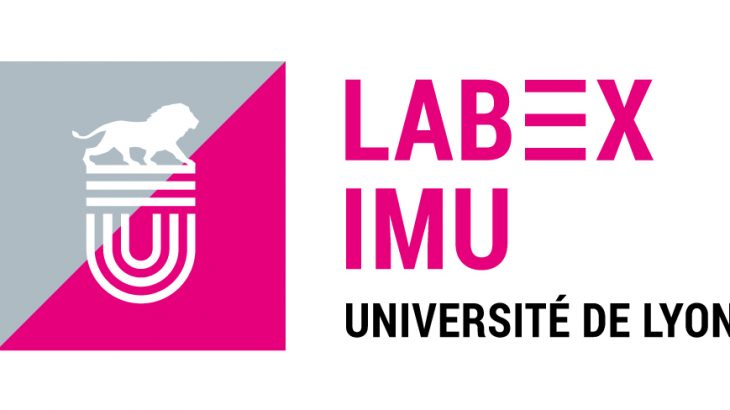Résultats de la recherche pour : survey
-
16 juillet 2018
MOBICAMPUS-UDL – Process data gathered from web surveys and mobile phone tracking to understand and manage the mobility of academics at the University of Lyon Campus (2016)
Summary: The MobiCampus-UDL project aims to produce and analyse data on mobility practices and the use of space by people at several sites of the UDL campus (Les Berges du Rhône, LyonTech la Doua, Bron, Ecully and Vaulx-en-Velin) in order to set up a permanent system (observatory) for collecting data and producing knowledge for research […]
+
-
6 septembre 2018
VÉLÉVAL – Assessment of the feasibility of cycling in urban spaces (2017)
Summary: Véléval addresses the cyclability of urban spaces, both in terms of material and technical conditions but also in terms of the social conditions surrounding the use of bikes and conditioning the quality of travel by bike. The aim is to integrate cyclists’ practices and experiences into the evaluation of journeys and places. This will […]
+
-
23 juillet 2018
SIMODEM – Simulate the mobility of household waste (2018)
Summary: The SIMODEM research project aims to enrich our understanding of factors affecting mobility associated with household waste in the urban environment and propose a model. The aim is to estimate all the environmental impacts associated with the management of the various types of household waste, from production to collection, recycling and disposal of the […]
+
-
COCOVN – Collaborative design for natural air conditioning (2018)
Summary: The aim of this project is to offer a methodology providing a framework for simulating scenarios, as well as a set of indicators and tools for evaluating and analysing the sustainable performance of players involved in the logistics and transport of fresh products in order to estimate the sustainability of new urban food delivery […]
+
-
19 juillet 2018
MICREAUPLUIE – Role, perceptions et representations of alternative techniques for stormwater source management vis-à-vis urban pollution (2017)
Summary: There has been a paradigm shift in stormwater management in recent years. The notion of a central network has been replaced by decentralised solutions (e.g. grassed swales, green roofs, rain gardens and pervious pavements). These systems differ from traditional stormwater management in that they are highly multifunctional and integrated into spatial planning, and they […]
+
-
17 juillet 2018
VÉLOVGR – “Vélover la ville” (cycle the city) (2013)
Summary: Urban self-service bicycle sharing systems have been developing rapidly on an international scale for less than a decade, and correspond to a change in mobility, public services and contemporary urban practice. This innovation, which resembles individual public transportation, makes the user the producer of their mobility and the co-producer of the evolution of an […]
+
-
RIVIERE – Re-naturing the city, a risk or a factor for social well-being in the eyes of residents and users? Contribution of landscape mediation (2013)
Summary: The re-naturation of cities represents a major preoccupation to the extent that it responds to ecological (biodiversity) and social (well-being) issues. Therefore, aquatic environments (rivers, reservoirs) located within or in contact with cities are the object of increasing appreciation. Nonetheless, this process creates some risks for societies (health risk, flood risk, drowning risk) and […]
+
-
16 juillet 2018
ELUD – Urban logistical efficiency of sustainable food (2017)
Summary: The aim of this project is to offer a methodology providing a framework for simulating scenarios, as well as a set of indicators and tools for evaluating and analysing the sustainable performance of players involved in the logistics and transport of fresh products in order to estimate the sustainability of new urban food delivery […]
+
-
REVISOLS – City regeneration and polluted or potentially polluted soils (2015)
Summary: REVISOLS addresses the issue of city regeneration from the point of view of soil repurposing. Reconstruction/densification is now a priority in a public policy context that aims to limit urban sprawl and encourage compact cities. This project takes an upstream approach, addressing the issue of soils polluted or potentially polluted by past industrial and […]
+
-
PATHO-AIR – Use of retention basins in managing storm water: Evaluation of the exposure of neighbouring populations and operators to bioaerosols and pathogenic bacteria (2015)
Summary: The urban environment today concentrates most of the global population and this process does not seem likely to change. As such, town and cities have organised themselves accordingly and significant environmental changes have followed. The water cycle has been particularly disrupted, which has led to the emergence of new risks for societies and their […]
+

